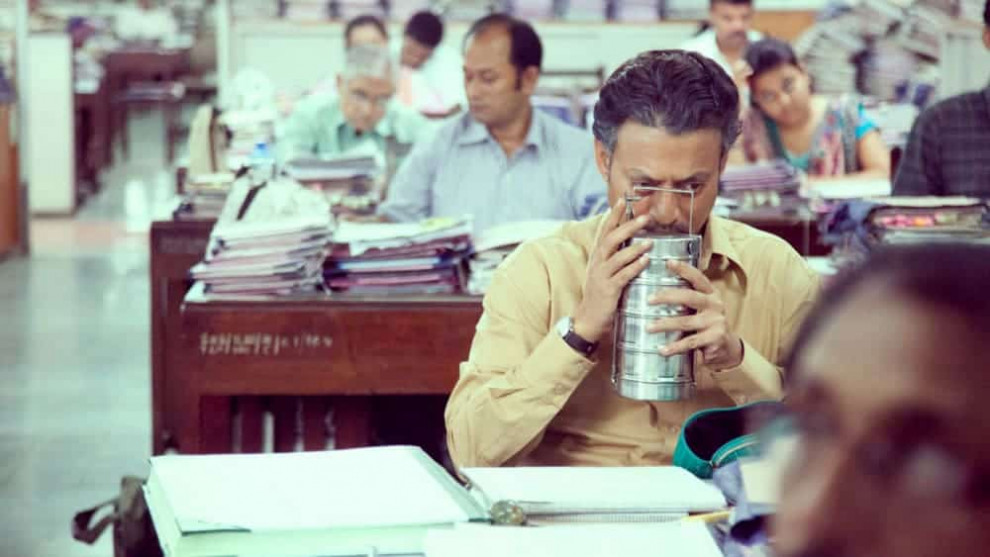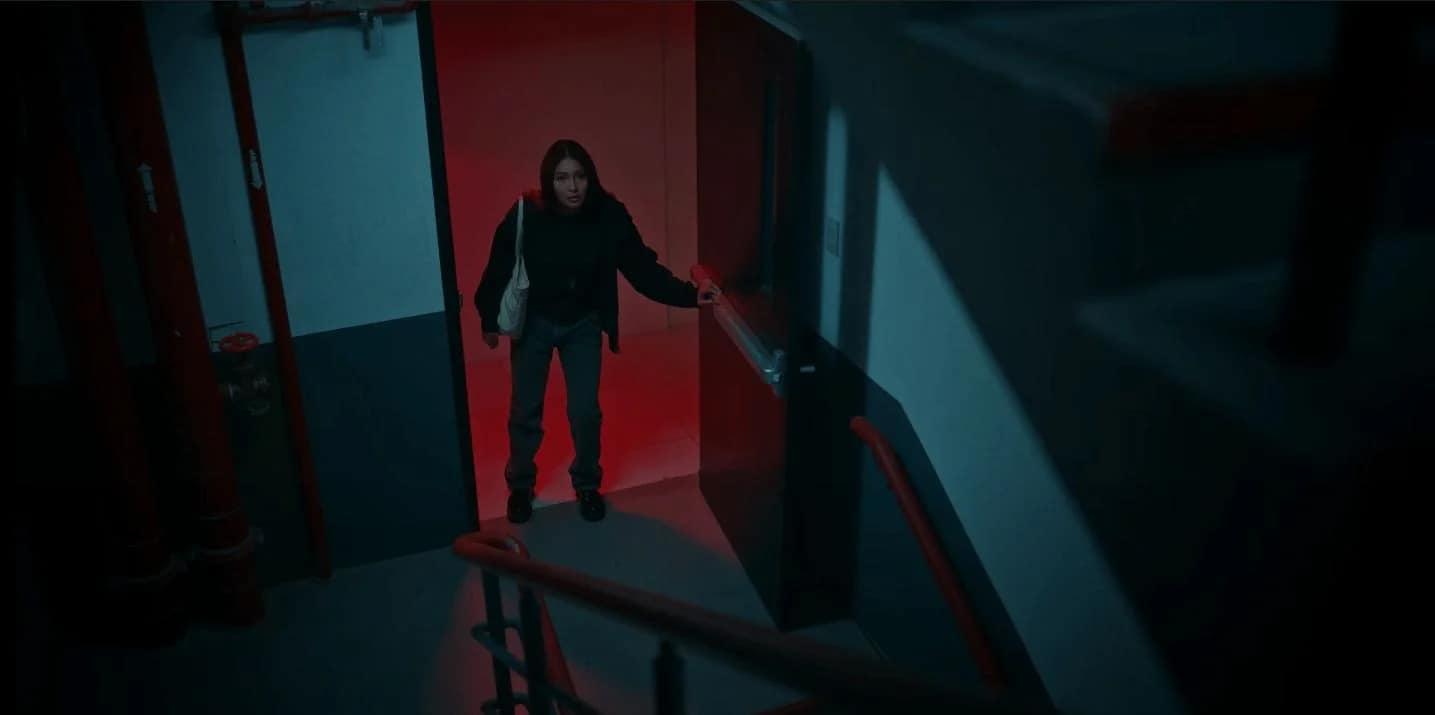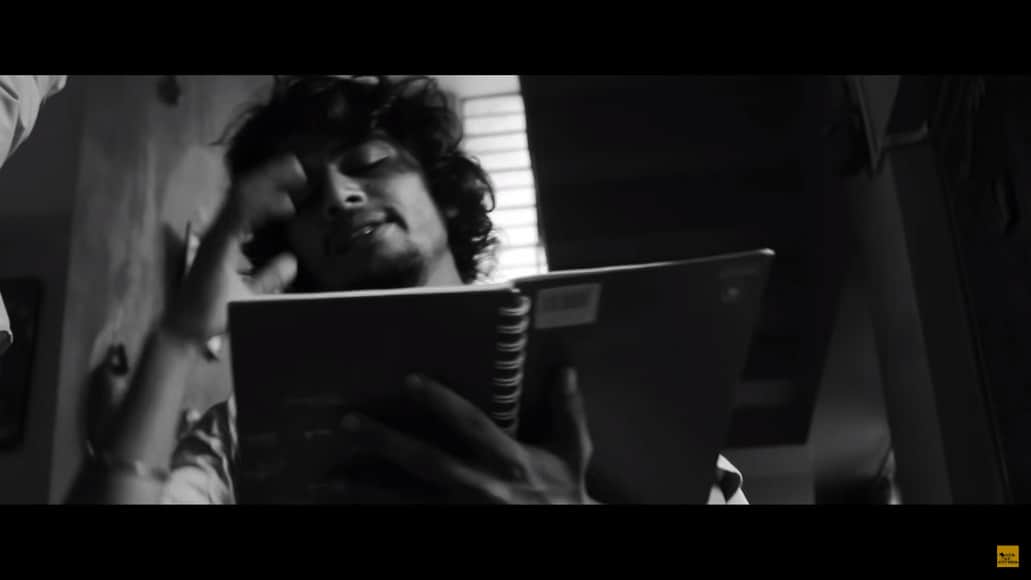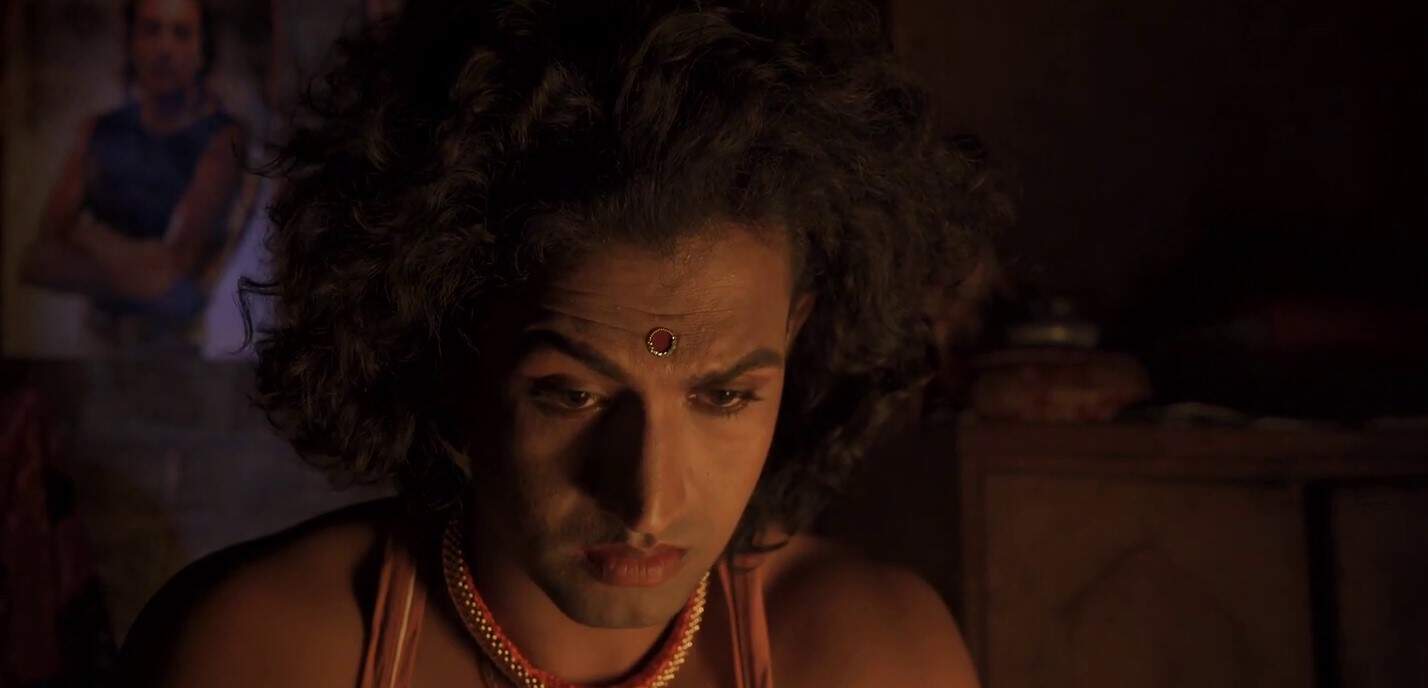Growing up in Mumbai, India, one of the busiest and most-populated cities on earth has made Indian director Ritesh Batra a keen observer of the city, its people and its overall structure. Before his feature film debut “The Lunchbox”, Batra had made several short films about the everyday-routines as well as the underlying connection with a modern metropolis and incidentally came upon the famous Lunchbox delivery system. Upon following the delivery men, known as “dabbawala” in India, he eventually learned a lot more about their jobs, especially when they told him stories about their clients, their differences and what the time and effort spent on a meal for lunchtime says about a relationship.
“The Lunchbox” is screening at New York Asian Film Festival – Winter Showcase 2020

The family of Ila (Nimrat Kaur) lives in a crowded apartment building and with her husband mostly gone working during the day, she spends her time taking care of her young daughter and preparing the lunchbox for her husband. Eager to get her husband's attention, who seems more absent-minded when he is at home as well as tired, she prepares a delicious dish for him, but the lunchboxes are mixed up by the dabbawalas. In the end Saajan Fernandes (Irrfhan Khan), an accountant about to retire, receives the lunchbox and is quite thrilled to have a very decent and nice meal.
Eventually Ila notices her mistake, but does not tell her husband. Instead writes an apology to the unknown receiver of the lunchbox, resulting in a frequent exchange of messages between Saajan and Ila. As their friendship becomes deeper, they also share personal secrets about their jobs, their marriages and their present emotional states. However, when Ila wants to meet the man who has been eating her lunches every day for the past weeks, Saajan becomes afraid and does not show up.

In “The Lunchbox” Ritesh Batra, who also wrote the script, plays with the idea of food as a way to communicate. Whereas the concept certainly is nothing new, within the context of a metropolis such as Mumbai it becomes an interesting reflection of the social disconnect within its population. Both, Ila and Saajan, remain within their “safe zones”, their apartments, their workplaces and the crowded buses, situations which do not require much interaction with the world around them apart from the absolute necessary. However, while Ila suffers from the emotional and spacial isolation in her apartment, Saajan has come to accept this state of disconnect after this wife's passing.
In general, food is the enabler for communication and change, a bridge between two people as it remains a universal language. Eventually, Batra adds more layers of communication and throwbacks to the past in his film, such as music, TV series and photographs, reflecting a certain stage in these character's lives and a key to understand their present state. In this regard, especially the two leading performances by Irrfhan Khan and Nimrat Kaur emphasize the aspect of people feeling out of touch with their surroundings, wanting to escape on the one hand while retracting to an emotional shell on the other hand. In an era defined by mass communication the image of the lonely figure in a crowded environment never fails to miss the point, revealing how little we actually talk and pay attention to the other person.
But, while there are certainly many great aspects in a movie such as “The Lunchbox”, most of which transported by its central image of the lunchbox transported back and forth, Batra's script sadly concludes on a seemingly banal note considering the various aspects of modern city life and communication he makes.
“The Lunchbox” is very enjoyable, light entertainment. Due to its presentation of the setting and its performances Ritesh Batra manages to make a more than solid drama with elements of romance and comedy, even though its final message fails to hit the mark.















